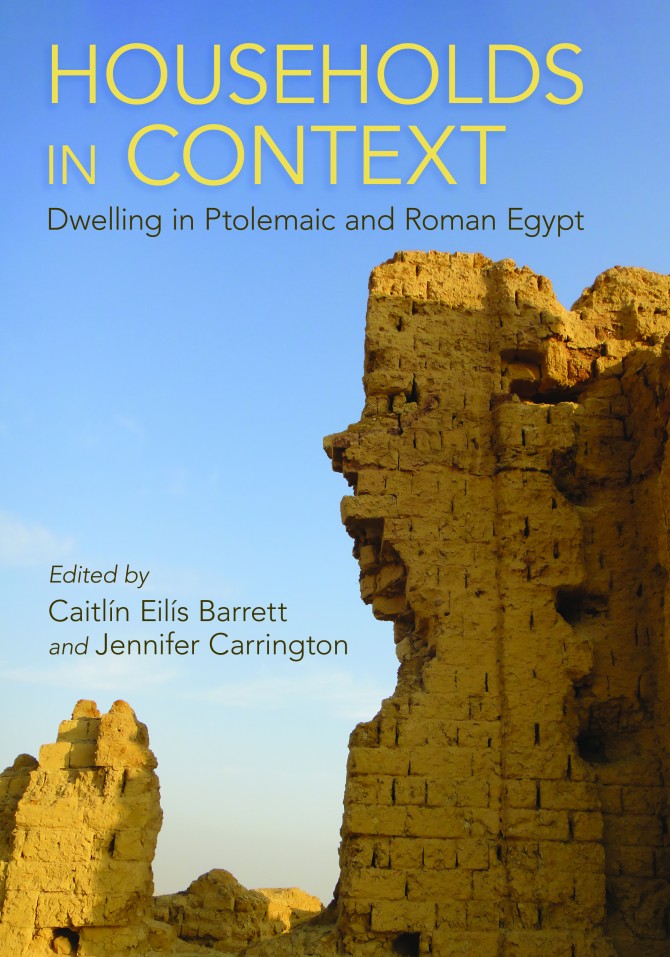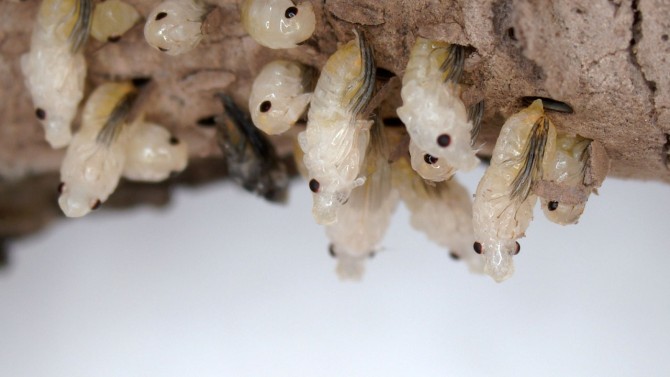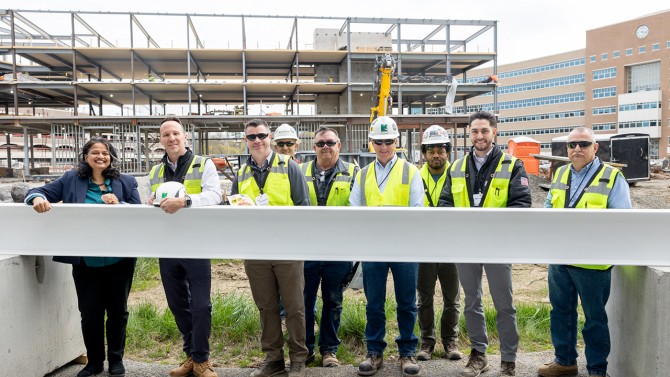A delegation of agricultural leaders from Australia visited Timor-Leste last week to learn about the country’s agricultural development priorities and explore research opportunities with Australia.
The Commission for International Agricultural Research (Commission) features 7 leading experts who advise on agricultural development issues to Australia’s Minister for Foreign Affairs.
The visit was part of a week-long agenda for the Commission focusing on current and emerging food security and sustainable development challenges throughout the Indo-Pacific region.
Agrifood systems in Timor-Leste are under increasing stress from many factors, including seasonally recurring food shortages, input supply challenges, low productivity, pests and diseases, and poor market access for farming communities.
With a large majority of its population living in rural areas, Timor-Leste’s smallholder farmers are vital for the country’s food and nutrition security. Improving agricultural productivity, increasing financial returns from farming, livestock and fisheries, and enhancing the overall functionality of food systems are top priorities for the Government of Timor-Leste.
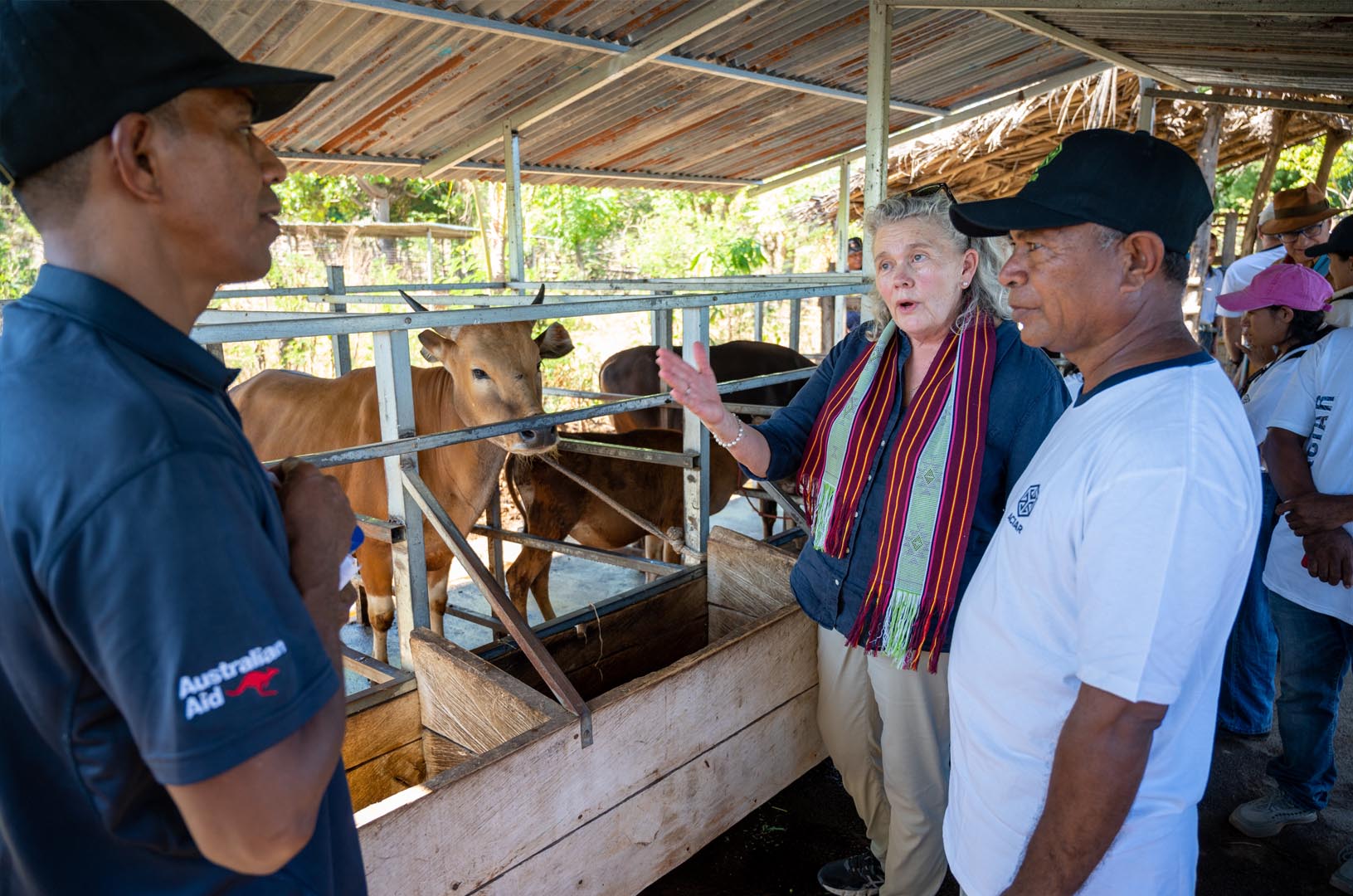
Chair of the Commission and President of Australia’s National Farmers’ Federation, Mrs Fiona Simson, said the visit was highly beneficial in understanding the challenges facing farmers and to assess how future investment could assist one of Australia’s closest regional neighbours.
‘Timor-Leste is facing significant challenges in its agrifood systems and its broader sustainable development. Infertile soils, highly variable weather conditions, biosecurity threats causing harvest losses, labour constraints and poor market access are all impacting the livelihoods and wellbeing of rural communities,’ said Mrs Simson.
‘Critically, there is a lack of access to credible, locally relevant and practical science-based advice to help smallholder farmers meet these challenges. This key constraint is cutting across all areas in local food systems.
‘Many of the challenges that farmers face in Timor-Leste are similar to the challenges facing Australian farmers back home. The size and scale may be different, but the reoccurring themes of sustainable intensification to improve livelihoods of rural communities are consistent.’
During its time in Timor-Leste, the Commission visited the Ministry of Agriculture and Fisheries, hosted partnership discussions with local researchers, inspected ACIAR-funded livestock and cropping sites and toured WorldFish facilities.
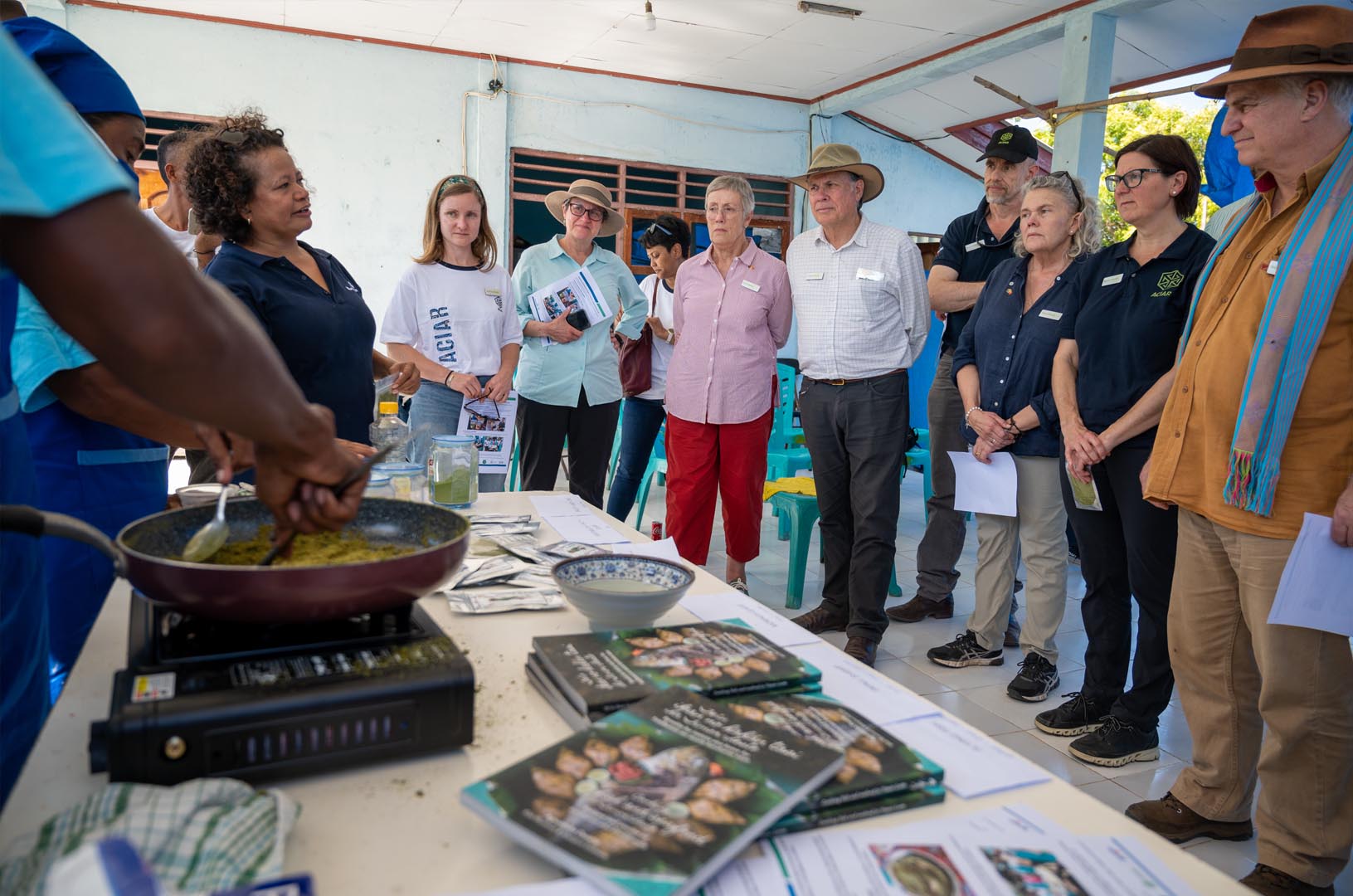
‘It’s been rewarding to visit ACIAR-funded research sites to meet with farmers and see first-hand how research partnerships, underpinned by Australian agricultural knowledge, are empowering rural communities to increase production, enhance food and nutrition security, and boost livelihoods in ways that are sustainable,’ added Mrs Simson.
The most significant ACIAR investment in Timor-Leste has been the Seeds of Life initiative. Commencing in 2000 and spanning 16 years, the research played a crucial role in enhancing Timor-Leste’s scientific infrastructure by establishing research stations and seed-cleaning systems. It also played a vital part in developing the country’s national seed system, resulting in more than 65,000 farming families gaining access to 19 improved varieties of high-yielding certified seeds for food crops.
ACIAR CEO Professor Andrew Campbell said ACIAR-funded initiatives like Seeds of Life have helped Timor-Leste lay a solid foundation to develop its agricultural sector.
‘Timor-Leste is an important strategic partner for Australia in the Indo-Pacific region. ACIAR has been working in Timor-Leste for more than 20 years, with many enduring partnerships at the national and institutional levels,’ said Professor Campbell.
‘Australian-led agricultural research initiatives have profoundly helped the development of Timor-Leste’s agricultural sector and contributed significantly to reducing poverty, enhancing food and nutrition security and improving human health. But there is still a long way to go.’
‘It’s invaluable to have the Commission in Timor-Leste to see first-hand how ACIAR investment can improve sustainable agricultural systems and to explore how Australia can deepen and further that effort,’ added Professor Campbell.
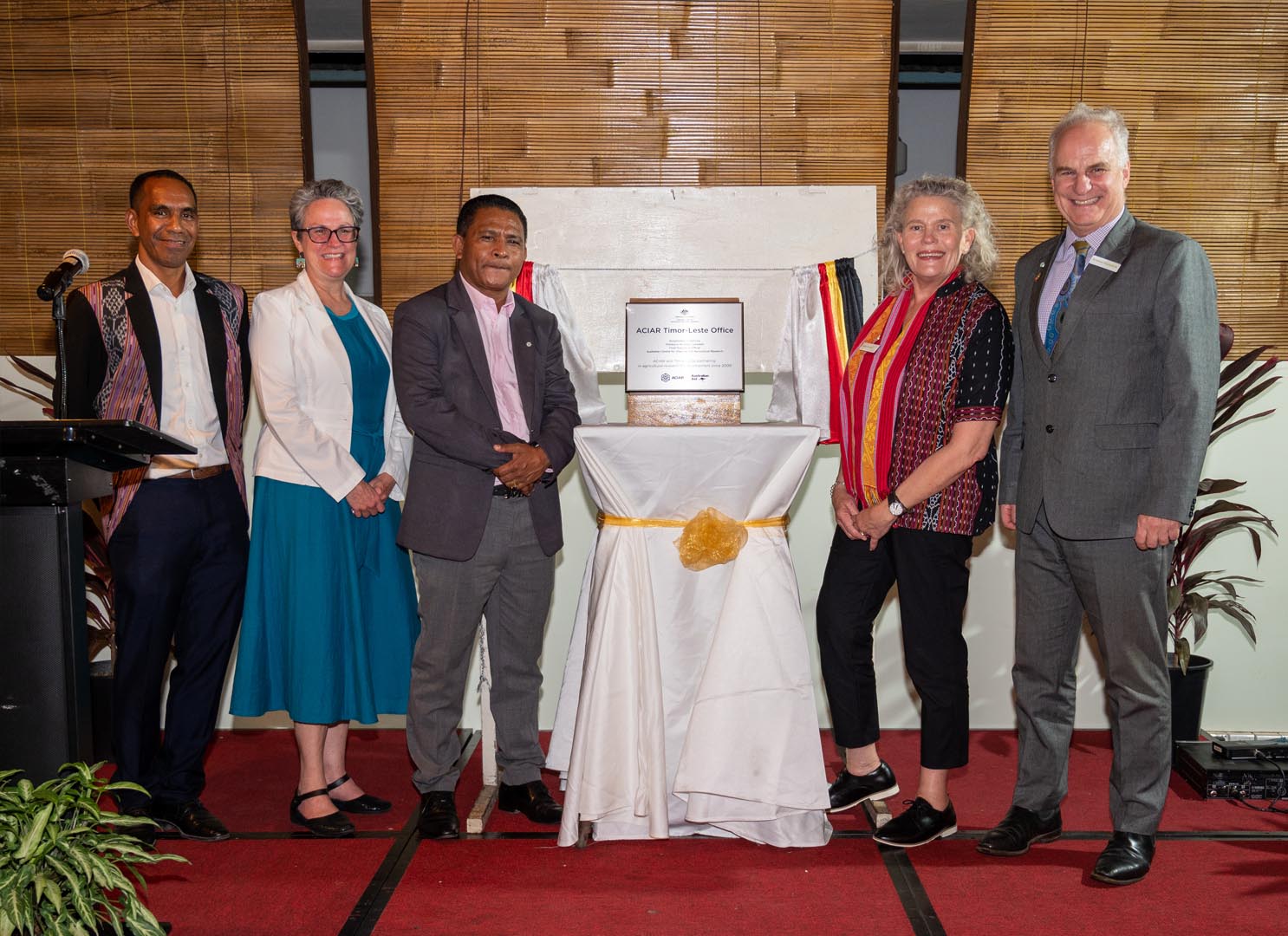
The Commission helped mark the official opening of the ACIAR Office in Dili, which was established in 2022 to underpin closer collaboration with key research partners and further the agricultural research relationship between Timor-Leste and Australia.
Learn more about ACIAR investment in Timor-Leste.
The Commission for International Agricultural Research comprises 7 Australian Commissioners who provide collective decision-making and expert advice to the Minister for Foreign Affairs in relation to program formulation for agricultural research and development, priority setting, funding and other matters as requested by the Minister. Meet the Commissioners.


